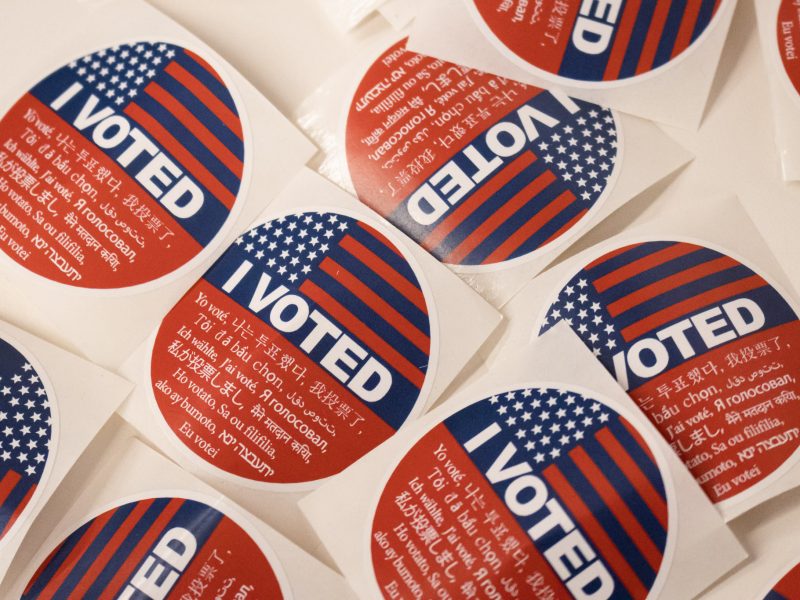One of my least favorite motivational clichés is “if you can dream it, you can do it,” mostly because it neglects to emphasize that an achievement usually depends a great deal on hard work. But this attitude is currently being tested by some recent American experiences.
We are a group of 20 teachers from different parts of the world, spending four months at the university on Fulbright scholarships. What has really surprised us is the efficiency and extent of the technology in this country. OK, we all have access to the Internet back home, and we use email, Google and Skype. But the speed and quality of the Internet here is something else.
Apply to attend a conference or try to book a ticket online and the results are astounding. Not only do you receive an instant response, but you’re sure to receive useful attachments with maps, directions or further suggestions (without having to search for them).
We have also been elated with the efficiency of the university library system and how Internet links allow students to order books and articles from 16 libraries across the state that arrive in just a few days. The university library offers all this, along with so many smiling staff members eager to assist.
Another surprise has been the extent to which diversity is celebrated on the campus. This is obviously a considered policy decision, and it is impressive to see how this objective is supported by access to so many multicultural courses. It has been heartening to see the range of different ethnic groups represented here and how popular the study abroad course offerings are at the university.
On the other hand, it has been disappointing to discover this emphasis on diversity does not extend to our fellow students living at The Varsity. Leaving the comfort of our homes, adjusting to a new country and returning to academia for our Fulbright semester has been a huge challenge, so it is upsetting when our cheerful greetings to the students (about the same age as our own children) who we encounter in the elevator, at the gym or on the shuttles are met with stony indifference or looks of horror (what are these grannies doing on my turf?)
Another discouraging cultural experience has been the giant carbon footprint at the university. There is plenty of lip service to the importance of the environment and encouragement to recycle. But everything is packaged in plastic, and the air conditioning and lighting pound away in every apartment 24/7 as alarming reminders of the United States’ contribution to global warming.
On the subject of plastic and paper, let’s talk about food. The general consensus among the visitors is that there is certainly lots of it, and the portions are enormous, but does all the food have to be so safe and tasteless? I was assured the burrito I ordered last week was spicy and, if not, I should take the fiery sauce. I did — but even that was not very hot. I’ll admit, however, the ice cream is great, especially “Fear the Turtle” at the Dairy.
Our sampling of the media here has also been a warm topic of disappointment and debate. There is clearly freedom of speech and some strong local stories, but the lack of overseas news is bewildering, even numbing. The only other country that has been mentioned in any depth on TV news recently is Libya. What about the rest of the world and the troops in Afghanistan? Many of us also feel the advertising on TV is very unimaginative compared to our countries, such as Argentina, India and South Africa, where advertisements provide entertainment with clever humor and creativity.
In the meantime, as The Varsity motto goes — I play, I live, I am (with perhaps some work, if the noise level allows). See you on Shuttle-UM.
Sue Morrell Stewart is a visiting teacher from South Africa who is part of the Fulbright Teachers Program. She can be reached at smorrellstewart@gmail.com.


